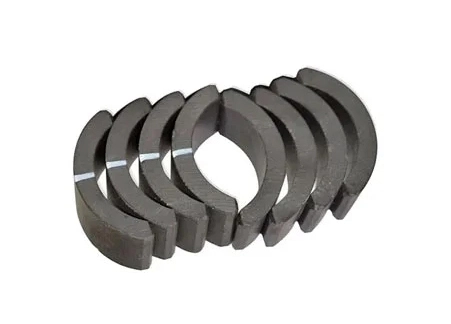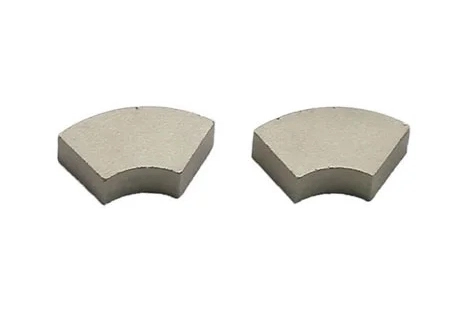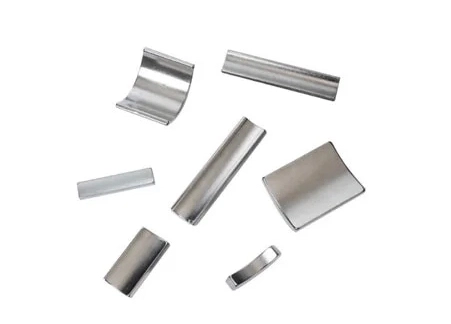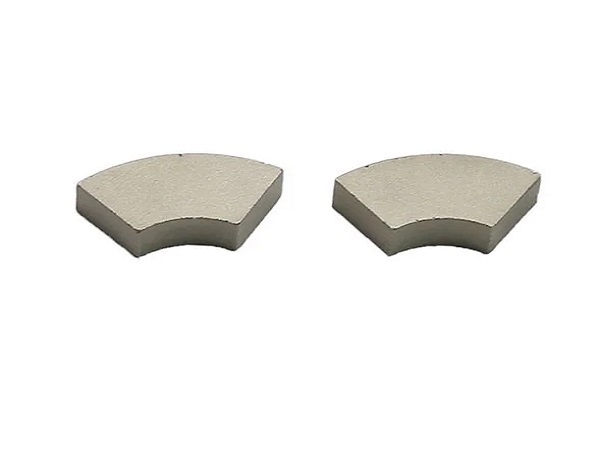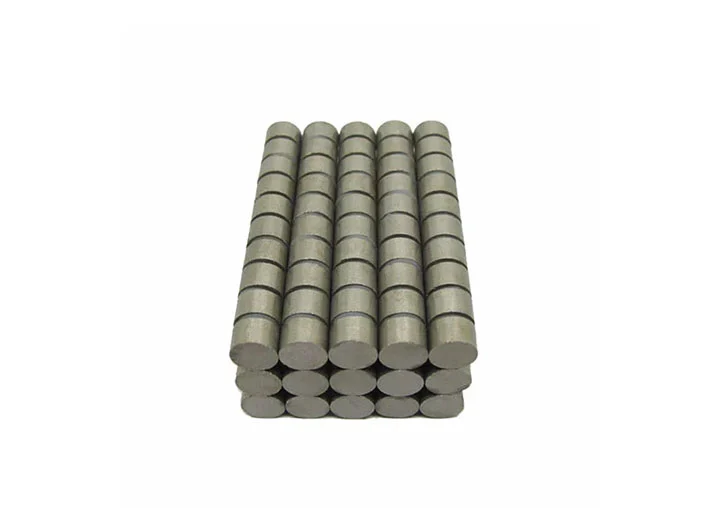Magnets have fascinated humans for centuries, and they play a pivotal role in various industries and everyday applications. In the realm of magnets, two types stand out - Neodymium and Ceramic magnets. Each has its unique characteristics, making them suitable for different purposes. In this article, we'll dive deep into the world of magnetic materials and explore the differences between these two magnetic marvels.
Introduction to Magnetic Materials
Magnetic materials are substances that possess magnetic properties, attracting or repelling other materials. They are used in a wide array of applications, from electric motors and generators to speakers and refrigerators.
Understanding Neodymium Magnets
Neodymium magnets, often referred to as "Neo" magnets, are known for their exceptional strength. They are made from an alloy of neodymium, iron, and boron, making them the strongest permanent magnets commercially available.
Exploring Ceramic Magnets
Ceramic magnets, on the other hand, are made from ferrite, a type of ceramic compound. They are popular for their cost-effectiveness and durability, though they are not as powerful as neodymium magnets.
The Battle of Strength: Neodymium vs. Ceramic
One of the primary distinctions between neodymium and ceramic magnets is their strength. Neodymium magnets are incredibly powerful and can hold significant weight. In contrast, ceramic magnets are less potent and are best suited for applications that do not require extreme strength.
Applications of Neodymium Magnets
Neodymium magnets find applications in various high-tech industries, such as electronics, automotive, and healthcare. They are commonly used in computer hard drives, MRI machines, and even in renewable energy technologies like wind turbines.
Applications of Ceramic Magnets
Ceramic magnets excel in applications where durability is essential, such as refrigerator door seals, automotive sensors, and loudspeakers. They are also widely used in crafts and DIY projects.
Cost Considerations
Neodymium magnets are more expensive than ceramic magnets due to their superior strength and unique composition. When choosing between the two, cost is a critical factor to consider.
Temperature Resistance
Ceramic magnets have better temperature resistance than neodymium magnets. Neodymium magnets can lose their magnetism when exposed to high temperatures, while ceramic magnets are more stable in extreme conditions.
Corrosion Resistance
Neodymium magnets are susceptible to corrosion, so they often have a protective coating. Ceramic magnets, however, are more resistant to corrosion and do not require additional protection in most cases.
Magnet Lifespan
Neodymium magnets have a longer lifespan compared to ceramic magnets, making them a better choice for applications where longevity is crucial.
Eco-Friendliness
Ceramic magnets are considered more environmentally friendly as they do not contain rare earth materials like neodymium, which can have environmental consequences during mining and processing.
Safety Precautions
Handling neodymium magnets requires caution, as their strong magnetic force can cause injury. Ceramic magnets, being weaker, are generally considered safer to handle.
Choosing the Right Magnet for Your Needs
The choice between neodymium and ceramic magnets ultimately depends on your specific requirements. If you need strength, neodymium is the way to go, but for durability and cost-effectiveness, ceramic magnets are a solid choice.
Frequently Asked Questions
1. Are neodymium magnets suitable for outdoor use?
Neodymium magnets can be used outdoors but require proper protection to prevent corrosion.
2. Can I cut ceramic magnets to a specific shape?
Yes, ceramic magnets can be easily cut into custom shapes using standard tools.
3. Are ceramic magnets recyclable?
Yes, ceramic magnets are recyclable and do not pose environmental concerns.
4. Can I demagnetize a neodymium magnet?
Exposing a neodymium magnet to high temperatures or strong external magnetic fields can demagnetize it.
5. Are there any health risks associated with handling neodymium magnets?
Yes, neodymium magnets can be hazardous if swallowed or if they pinch the skin. Always handle them with care.

